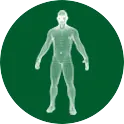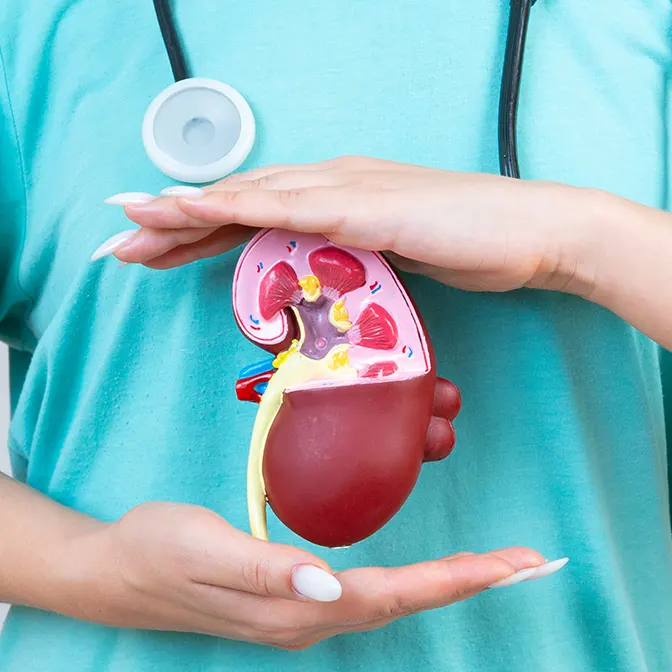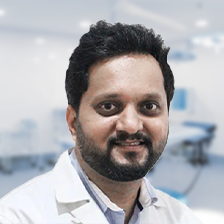

Symptoms
Symptoms of kidney-related conditions can vary depending on the specific condition and the severity of the disease. Some common symptoms include:
- Swelling in the legs, ankles, or feet
- Fatigue
- Loss of appetite
- Nausea
- Vomiting
- Itchy skin
- Dark urine
- Blood in the urine
- Difficulty urinating
- High blood pressure











